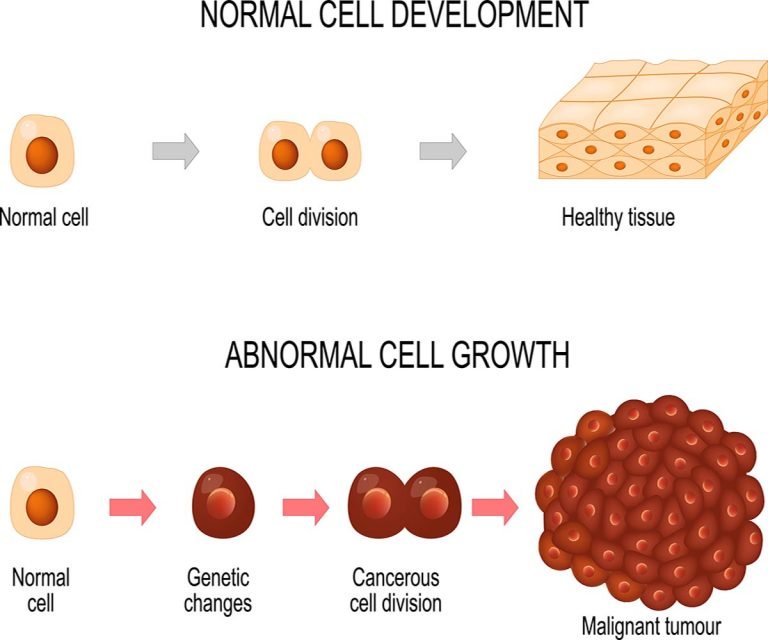The Benefits of Dance for Physical and Mental Health
Introduction
Dance, a universal form of expression, has transcended cultural boundaries to become a cherished activity worldwide. Beyond its artistic appeal, dance offers a myriad of benefits for both physical and mental well-being.
Cardiovascular Health
Dancing engages the cardiovascular system, promoting heart health and enhancing blood circulation. The rhythmic movements elevate the heart rate, contributing to improved cardiovascular endurance.
Strength and Flexibility
Different dance styles target various muscle groups, promoting strength and flexibility. Whether it’s the graceful stretches of ballet or the energetic footwork of hip-hop, each movement contributes to a more robust and flexible physique.
Stress Reduction
Dance serves as a powerful stress reliever. The combination of physical activity and artistic expression triggers the release of endorphins, reducing stress and promoting a sense of well-being.
Improved Mood
The act of dancing stimulates the production of neurotransmitters like serotonin, enhancing mood and combating feelings of anxiety or depression. It offers a natural and enjoyable way to boost mental health.
Community Engagement
Participating in dance fosters a sense of community. Dance classes, workshops, or group performances create opportunities for social interaction, reducing feelings of isolation.
Team Building
In group dances or partner routines, individuals learn the importance of collaboration and teamwork. This social aspect contributes to improved interpersonal skills and a sense of belonging.
Various Dance Forms
From salsa to contemporary, the diversity of dance styles caters to different preferences and fitness goals. Exploring various forms allows individuals to find the style that resonates with them.
Choosing the Right Style
Considering personal preferences, fitness objectives, and skill levels helps in selecting the most suitable dance style. The key is to enjoy the process while reaping the physical and mental benefits.
Dance for All Ages
Dance is inclusive, catering to people of all ages. From children to seniors, there are dance styles and classes tailored to each age group, promoting lifelong participation.
Home-Based Dance Options
For those unable to attend classes, home-based dance routines and online tutorials provide accessible alternatives. Dance can be enjoyed in the comfort of one’s home, fostering inclusivity.
Online Tutorials
Numerous online platforms offer dance tutorials, making it convenient for enthusiasts to learn at their own pace. These tutorials cater to various skill levels, from beginners to advanced dancers.
Dance Classes
Attending dance classes, either in person or virtually, provides structured guidance and personalized feedback. Professional instructors can refine techniques and ensure a more fulfilling dance experience.
Personal Testimonials
Real-life success stories highlight the transformative power of dance. Individuals share their experiences of overcoming challenges and achieving physical and mental well-being through dance.
Impact on Individuals
Examining the impact of dance on individuals, both celebrities and everyday people, reinforces the positive influence it can have on one’s life. These stories inspire and motivate others to embark on their dance journey.
Common Hurdles in Dance
Acknowledging common challenges, such as self-doubt or physical limitations, empowers individuals to address and overcome these obstacles in their dance journey.
Strategies to Overcome
Providing practical strategies to overcome challenges, such as consistent practice, seeking support, and setting realistic goals, helps individuals navigate potential roadblocks in their dance pursuit.
Holistic Approach to Health
Dance goes beyond physical fitness, offering a holistic approach to well-being. The combination of physical activity, artistic expression, and social engagement contributes to a balanced and fulfilling life.
Integration into Daily Life
Encouraging the integration of dance into daily routines promotes a sustained and enjoyable commitment to this art form. Small, consistent efforts can lead to significant improvements in physical and mental health.
Professional Opinions
Experts in the fields of dance, fitness, and mental health share their insights on the benefits of dance. Their perspectives offer a deeper understanding of how dance positively impacts overall well-being.
Research Findings
Scientific research supports the positive correlation between dance and health. Exploring key findings enhances the credibility of the article and provides a foundation for readers to trust in the benefits of dance.
Beginner’s Guide to Dance
For those new to dance, a step-by-step guide provides a roadmap to starting their journey. From choosing the right dance style to finding resources, beginners can embark on their dance adventure with confidence.
Tips for Consistent Practice
Maintaining consistency is key to reaping the benefits of dance. Practical tips, such as creating a schedule, finding a dance buddy, and setting achievable goals, ensure a sustainable and enjoyable practice routine.
Conclusion
In conclusion, the benefits of dance extend beyond the physical and delve into the realm of mental, emotional, and social well-being. Embracing dance as a lifestyle choice can lead to a healthier, happier, and more fulfilled life.







